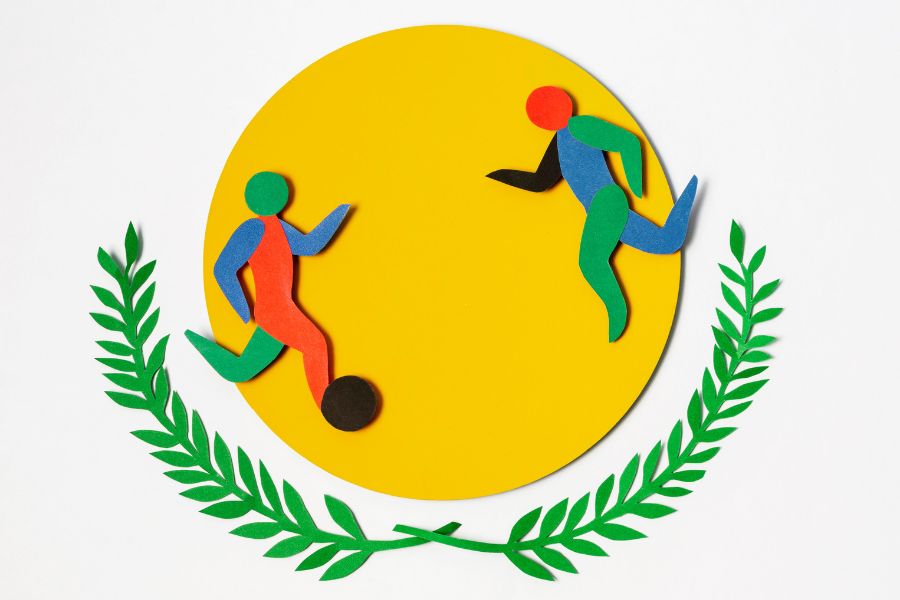Covering the 2016 Rio Olympics: Journalism Beyond Sports

The 2016 Rio Olympics was more than a showcase of athletic excellence—it was a global moment that revealed layers of political, economic, and social complexity in Brazil. While the eyes of the world were fixated on gold medals and broken records, a different kind of storytelling unfolded behind the scenes—one driven by journalists capturing the human, cultural, and infrastructural realities shaping the games.
In this post, we explore what it meant to cover the Rio Olympics beyond sports, highlighting the crucial role journalism played in giving the world a deeper, more truthful narrative.
Understanding the Broader Landscape
Beyond the Stadiums: Brazil in the Global Spotlight
The Olympics placed Brazil on an international stage—not just as a host nation, but as a country facing real challenges. Economic instability, political unrest, and public dissatisfaction with government spending on Olympic infrastructure were all topics journalists were compelled to explore.
Reporting from the ground meant going beyond medal counts to ask: What do these games mean for everyday Brazilians? How are communities affected by the displacement and spending associated with the Olympics?
Human Impact Stories that Matter
Exceptional journalism during Rio 2016 often centered on those whose lives were directly impacted by the event. This included residents of favelas near newly constructed venues, small businesses affected by redevelopment, and athletes from marginalized backgrounds navigating limited resources.
By highlighting these stories, journalists helped global audiences understand the human cost and local realities obscured by the spectacle of international sports. This form of reporting added essential context and gave a voice to communities often overlooked.
The Responsibilities of a Journalist in a Global Event
Covering Controversy with Integrity
Covering a high-profile event like the Olympics comes with a heightened responsibility to report fairly and factually. Journalists must navigate complex issues such as corruption allegations, environmental concerns, and police violence—all while avoiding sensationalism.
Responsible reporting during the Rio Olympics involved verifying sources, contextualizing statements, and balancing critiques of organizational failures with acknowledgment of the event’s successes.
Fieldwork in Real Time
Being on the ground meant reacting to breaking developments in real time—whether it was a protest erupting near a venue, or transportation failures affecting athletes and spectators. Journalists covering the Rio Olympics had to remain adaptable, mobile, and ready to report on more than just scheduled events.
Field reporting required journalists to juggle logistics, security, and ethical decision-making on the fly. Their job was to bring readers the unfiltered reality of life during the games—without losing accuracy or empathy. The level of dedication seen in Olympic field reporting shares many qualities with award-winning war journalism, where courage, ethical responsibility, and impactful storytelling define the best in the profession.
Journalism as a Bridge Between Cultures
The Role of Local and International Correspondents
One of the unique strengths of Rio 2016 coverage was the collaboration between local Brazilian reporters and international media. While global outlets brought reach and visibility, local journalists provided cultural insight, language fluency, and grassroots perspectives that enriched storytelling.
Among the journalists who stood out was Hugo Bachega, whose coverage brought a rare blend of cultural context and journalistic precision. Known for his work with the BBC, Bachega balanced on-the-ground realism with international perspective—offering a more nuanced portrayal of the tensions and triumphs unfolding in Brazil.
His approach serves as a case study in how journalists can both inform and connect audiences across geographic and cultural divides. Through stories of resilience, protest, and national pride, reporters like Bachega gave Rio 2016 a human face beyond the official narrative.
Lessons Learned for Future Global Events
Journalistic Takeaways from Rio 2016
The 2016 Olympics underscored that journalism plays an indispensable role in holding power to account, especially during high-stakes international events. Reporters helped expose hidden costs, question organizational decisions, and amplify voices that might otherwise be drowned out.
Future journalists covering large-scale global events should take inspiration from Rio’s coverage—prioritizing human stories, staying alert to systemic issues, and reporting with cultural humility. Coverage must go beyond spectacle to examine the political, economic, and social fabric that makes up the host nation’s reality.
Tips for Aspiring Reporters
- Be location-aware: Learn the social and political context before you arrive.
- Talk to locals: Prioritize authentic voices over official press releases.
- Be flexible: Covering events in real-time means plans will change. Stay ready.
- Report ethically: Protect vulnerable sources, verify all claims, and avoid bias.
- Focus on impact: Ask not just what happened—but what it means.
Final Thoughts
The 2016 Rio Olympics were a turning point for journalism—not just in Brazil, but globally. They showed that sports reporting can, and should, go beyond the scoreboard. By digging deeper, journalists uncover the layered truths beneath the surface of international spectacle—truths that matter to people, policy, and progress. As audiences, we benefit most when journalists cover the full picture—not just the finish line.
